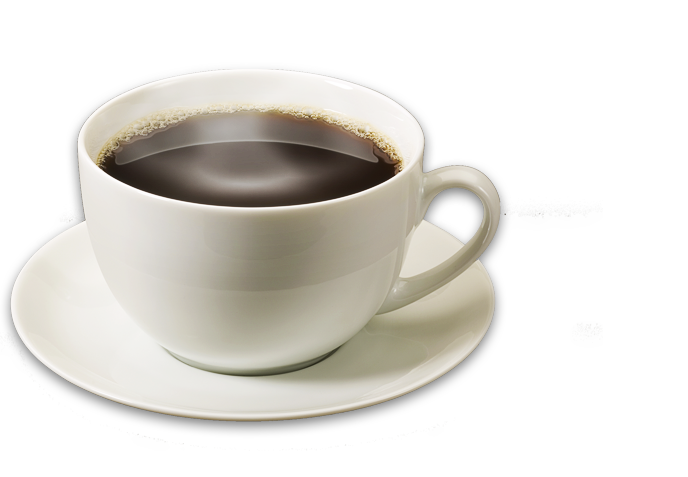Sports Medicine and Nutrition: Caffeine
Caffeine is a drug that is used all over the world, usually for its stimulant effects. Caffeine increases alertness, lowers the perceived exertion of exercise and decreases reaction time. Caffeine has another effect on the body that few people know about. It also acts as a fat-burner.
Caffeine works by increasing the rate of fatty acid metabolism and decreasing the rate of carbohydrate (glucose) metabolism during aerobic exercise. Every study done on the effects of caffeine during aerobic exercise that has measured muscle glycogen levels, has found that glycogen is spared after ingestion of only 150 to 250mg of caffeine. An increased reliance on fat and decreased reliance on glucose and glycogen translates into increased aerobic exercise endurance and increased time to exhaustion. In addition to this, for a given amount of calories used during exercise, more calorie will come from body fat if caffeine is consumed prior to exercise.
Caffeine does have side effects as well. At high doses (more than 15 mg/kg bodyweight), caffeine can produce slowed heart rate, hypertension, nervousness, irritability, insomnia and gastrointestinal distress. In Addition to this, it is a diuretic that blocks the release of antidiuretic hormone. This causes the kidneys to excrete more fluid than normal, which can dehydrate the body.
Caffeine is one of the least marketed but most effective fat-burners available. It will not help you lose weight on its own, but when taken before aerobic exercise, can increase fat-burning and help you exercise longer by delaying the onset fatigue. Caffeine will not have any beneficial effect on anaerobic exercise. If you use caffeine, use it sparingly and in small doses.
New research revelas that caffeine can boost performance in short-term athletic events as well. Using a rowing ergometer exercise machine, it was determined that one hour after athletes took 6 or 9 milligrams of caffeine pero kilogram of body mass, exercise performance increased significantly. This occurred in particular during the first 500-meter segment of the simulated rowing test. Keep in mind that when using caffeine to boost performance, it can also have a dehydration effect. Also, because caffeine can deplete calcium from your body, studies show that prolonged high intake should be avoided, and that extra calcium intake is needed to avoid risk of calcium depletion.
Orthopedic Corner | Leon Mead MD Orthopedic Doctor | 730 Goodlette Road North, Suite 201 Naples Florida 34102 | Phone: (239) 262-1119


